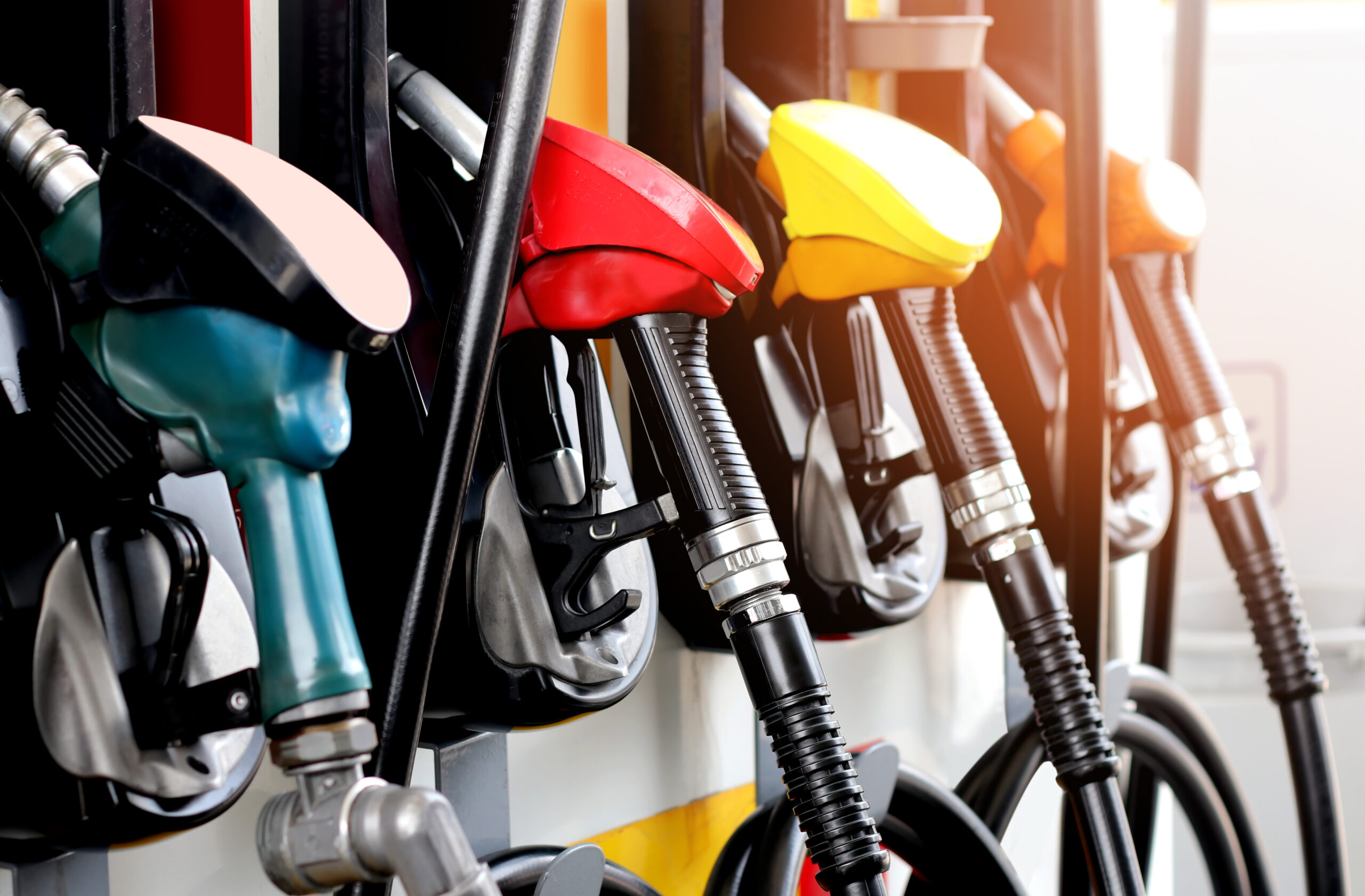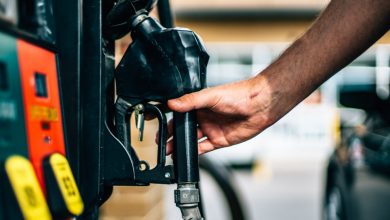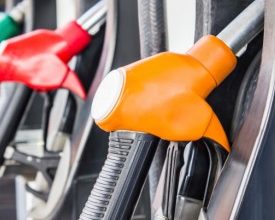AAA: When It Comes to Gas Prices, May Starts Off Meh

The national average for a gallon of gas waffled up and down over the past week before settling higher by two cents at $3.67. The slight increase in pump prices happened despite a lull in domestic gasoline demand and falling oil prices.
“From a demand perspective, we have entered the pre-Memorial Day funk,” said Andrew Gross, AAA spokesperson. “And the cost of a barrel of oil is nearly $10 less than two weeks ago, as oil prices have fallen into the upper $70s. This may keep pump prices somewhat flat for the immediate future.”
According to new data from the Energy Information Administration (EIA), gas demand rose slightly from 8.42 million b/d to 8.62 last week. Meanwhile, total domestic gasoline stocks increased by .4 million bbl to 227.1 million bbl. Tepid demand, increasing supply and falling oil prices could lower pump prices.
Thursday’s national average is $3.67, 14 cents more than a month ago and 8 cents more than a year ago.
Quick Stats
The nation’s top 10 least expensive markets: Mississippi ($3.12), Arkansas ($3.18), Oklahoma ($3.20), Kansas ($3.21), Louisiana ($3.22), Colorado ($3.23), Minnesota ($3.27), Missouri ($3.29), Alabama ($3.29), and Texas ($3.29).
The nation’s top 10 most expensive markets: California ($5.37), Hawaii ($4.81), Washington ($4.69), Nevada ($4.56), Oregon ($4.49), Alaska ($4.39), Arizona ($4.03), Illinois ($3.94), Idaho ($3.91), and Utah ($3.90).
Oil Market Dynamics
At the close of Wednesday May 1’s formal trading session, WTI decreased by $2.93 to settle at $79 a barrel. Prices dipped as the EIA reported crude oil inventories increased by 7.3 million barrels from the previous week. At 460.9 million barrels, U.S. crude oil inventories are about 3% below the five-year average for this time of year.


